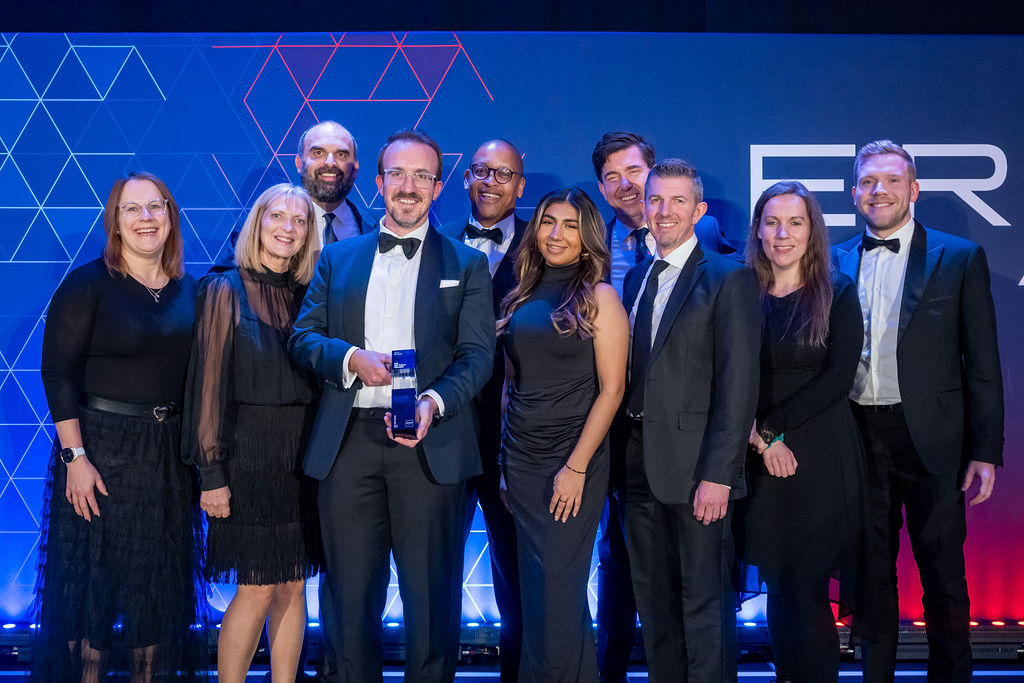Sustainability has rapidly ascended the corporate agenda in recent years. The top three most severe global risks over the coming decade are predicted to be environmental, according to the World Economic Forum (WEF). Moving to zero emissions, zero waste and zero inequality is not just the right thing to do for the planet and our global society, it’s also a business imperative to reducing costs, becoming more efficient, and enhancing corporate reputation. Ignoring or paying only lip service to ESG (Environment, Social, Governance) would also put business leaders at odds with regulators and their own stakeholders.
Technology, and especially ERP software, can play a significant role in helping organizations to fulfill their sustainability goals. In fact, 94 percent of UKISUG members said that ESG factors will influence their future technology buying decisions. A further 70 percent agreed that SAP’s technology will help them meet their sustainability goals.
After suffering a major setback during the pandemic, businesses need data-driven insight more than ever today to enhance their ESG initiatives.
Time for action
ESG demands action. It’s not simply about reducing societal and environmental harm but proactively striving to leave the world in a better place than we found it. With energy costs soaring in the UK, the drivers have never been more pronounced. This is where SAP’s solutions come in. Touching all parts of the organization, the technology provides the visibility into enterprise systems and processes that leaders need to manage their resources more sustainably.
The good news is that ESG has become “a lot” more important to 76 percent of UKISUG members over the past 12 months, and the majority (87 percent) now have ESG goals and/or KPIs in place. Our research highlighted the following:
Supply chain visibility is critical to advancing ESG goals. A fifth (21 percent) of UKISUG members already acknowledge that SAP technology can help them in this regard. Yes, modern supply chains are complex, distributed and – as COVID-19 highlighted – fragile. But through continuous collection of IoT and RFID data, use of intelligent analytics, and measurement against consistent standards, there’s a clear path to extracting valuable insight. From raw material sourcing to last-mile logistics and returns/recycling, supply chains must be green, transparent, and circular.
Carbon emission reduction is a core component of ESG’s environmental pillar. Over 36 billion tons of carbon dioxide were emitted globally in 2021. Yet the planet must get to net zero by 2050 or risk catastrophe, according to scientists. The first step to reducing emissions across the value chain is for organizations to measure and disclose their carbon footprint. Fortunately, a fifth (19 percent) of UKISUG members we spoke to already understand that SAP can help with this. However, while a majority are confident they can report on SCOPE 1 (64 percent) and SCOPE 2 (62 percent) emissions, slightly fewer (38 percent) feel the same about SCOPE 3 – which is related to carbon emissions the organization is indirectly responsible for. Indeed, our own GHG emissions report revealed that 99 percent of UKISUG’s emissions were in Scope 3, highlighting this is an issue for all organizations, not just manufacturers.
SAP’s Climate 21 programme aims to help organizations minimize their carbon footprint – our research reveals that a fifth (21 percent) of UKISUG members are currently familiar with it.
Benchmarking is the final area we looked at in our study. When done effectively, it delivers a framework against which to measure ESG performance against industry peers, competitors, and the wider sector. With this kind of actionable data, organizations get the insight they need to identify business risks and close ESG gaps. For many it is early days, but some 13 percent of our survey respondents cited SAP as being able to help them meet these goals.
Helping the world to run better
It is clear from our research that while ESG progress is being made in the UK and Ireland, there is still a lot more that can be done. By optimizing their use of SAP software, there’s a huge opportunity for organizations to supercharge sustainability initiatives. That’s why we recently launched a Sustainability Special Interest Group (SIG), to help raise awareness of SAP’s solutions and provide a forum for wider discussion of how SAP can help drive ESG improvements.
To find out more about the UKISUG Sustainability SIG please visit https://www.sapusers.org/learn/sigs/sustainability





